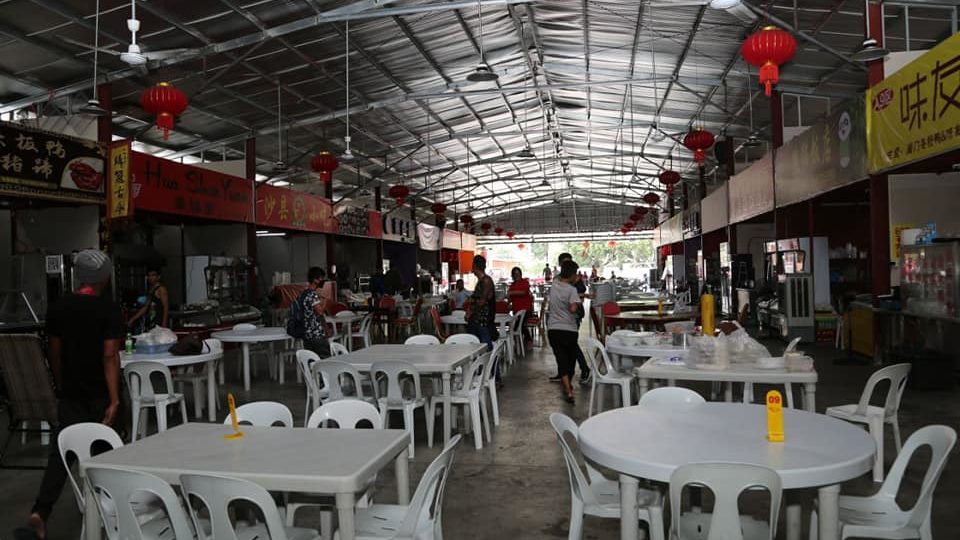English or Filipino only, please!
The Philippines’ Department of Trade and Industry (DTI) is now requiring all businesses to have their signages and advertising materials in English, Filipino, or both. Those written in languages other than the two recognized as official in the Philippines must be translated, an administrative order released yesterday states.
DTI Secretary Ramon Lopez signed Department Administrative Order (DAO) No. 19-09, Series of 2019 on Friday, June 21. The order specifies that “signages, billboards, advertisements, brochures, flyers, notices, advisories, labels, price tags/lists, menus, receipts, and other business marketing materials” in a foreign language must be translated.
While the Filipino language is a standardized version of the Tagalog language, it is also used as a collective term and includes the many regional languages in the Philippines. This means that those in provinces may use the area’s mother tongue as well.
The order comes after the discovery of China Food City, a food park in Las Piñas City that caters to mostly Chinese customers. The DTI conducted a surprise inspection there last month and found that all the 33 stalls in the food park had signages, price lists, and receipts that were only in Chinese characters.
The DTI called this “a form of deceptive, unfair, or unconscionable sales act,” because customers who don’t read Chinese would not be provided with proper information about the businesses’ products and services.
“With this new DAO, we are enhancing the protection of consumers on their right to accessible information that can help them in making wise purchase decisions,” Lopez said.
China Food City first gained public attention in February after Facebook page The South Couple shared photos of it as a food recommendation. However, some commenters accused the food park of discriminating against Filipinos because it was allegedly only open to Chinese people.
While the DTI did find some Filipino customers during their inspection, Lopez said that only using Chinese characters in signages, menus, and the like, is also a form of discrimination.
“Presenting information on products and services in foreign languages other than those officially recognized and used by the consumers are deemed unfair and discriminatory, thus, inimical to their interest,” he said.
The new DTI order mandates that the English or Filipino translation must be visible and clear. Establishments are also required to secure a certification from the embassy of the country whose language will be translated. The certification may also come from an accredited translator recognized by the DTI.
Violators can be fined anywhere from PHP1,000 (US$19.52) to PHP300,000 (US$5,857.06) depending on the business’ capitalization and frequency of the offense. Their business name certificate, business registration, permit, license, and possibly other clearances, will also be canceled or revoked.
Businesses were given one month from yesterday to comply.





Reader Interactions